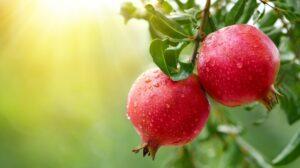
1. Pomegranates
With their jewel-like seeds, pomegranates are a feast for both the eyes and the palate. Rich in antioxidants, particularly punicalagins and anthocyanins, pomegranates are known to reduce inflammation and lower the risk of heart disease. They also support healthy blood pressure levels and improve memory function.
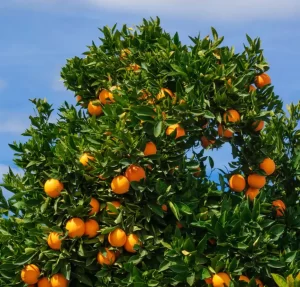
2. Oranges
Juicy and refreshing, oranges are a classic winter fruit loaded with vitamin C, which is crucial for boosting the immune system. They also contain fiber, potassium, and flavonoids, all of which contribute to heart health and improved digestion.

3. Mandarins
These small, sweet citrus fruits are not only convenient to peel and eat but also packed with vitamins A and C. Mandarins help enhance skin health, support immune function, and provide a burst of natural energy.
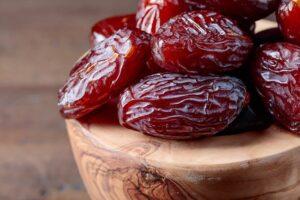
4. Dates
A staple in Middle Eastern diets, dates are a powerhouse of natural sugars and essential nutrients like potassium, magnesium, and vitamin B6. They are excellent for quick energy boosts and support brain health due to their high antioxidant content.
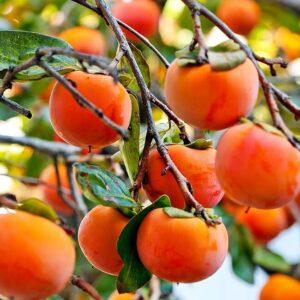
5. Persimmons
Persimmons, with their honey-like sweetness, are rich in fiber, vitamins A and C, and manganese. They aid in eye health, boost immunity, and promote healthy digestion, making them a perfect winter snack.
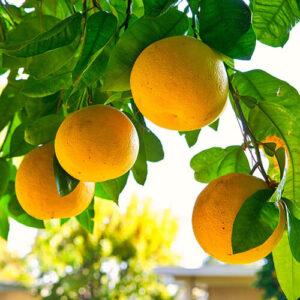
6. Grapefruits
Known for their tangy-sweet flavor, grapefruits are packed with vitamin C, fiber, and antioxidants. They help with weight management, improve heart health, and may reduce the risk of kidney stones.

7. Guavas
Guavas are a tropical delight that offer a rich source of dietary fiber, vitamin C, and folate. They support heart health, enhance vision, and improve skin texture, making them a versatile addition to your diet.
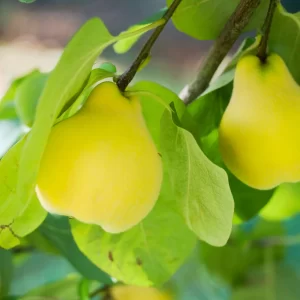
8. Quince
Though often overlooked, quince is a fragrant fruit that is high in dietary fiber and vitamin C. It is known for its digestive benefits and can be cooked into delicious jams and desserts.
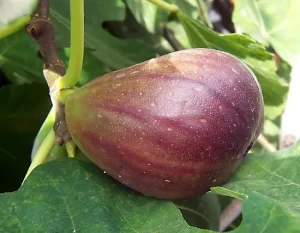
9. Figs
Figs, whether fresh or dried, are a sweet treat rich in fiber, iron, and calcium. They promote digestive health, improve bone density, and aid in weight management by providing a feeling of fullness.
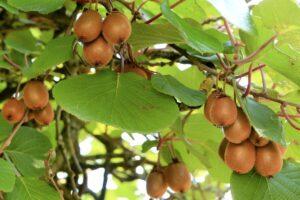
10. Kiwi
Kiwi fruits are small but mighty, boasting more vitamin C per serving than oranges. They are also high in fiber and vitamin K, which aid in digestion, boost immune function, and promote heart health.
These ten fruits not only add vibrant colors and flavors to your winter diet but also offer a wide range of health benefits. Incorporating these fruits into your meals can enhance your overall well-being and help you embrace the winter season with vitality. Whether you enjoy them fresh, juiced, or as part of a delicious recipe, these fruits are a true testament to the abundant gifts of nature.
—
Enjoy exploring these delightful winter fruits, and make the most of their seasonal availability to nourish your body and uplift your spirits!
|
|


